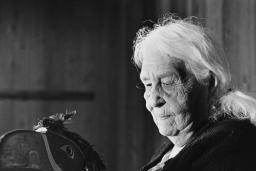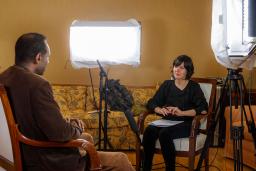All Stories: Ready to explore?
Human rights stories are all around us. We explore contemporary and historic human rights stories, from Canada and around the world.
Stories 41 – 60 of 81
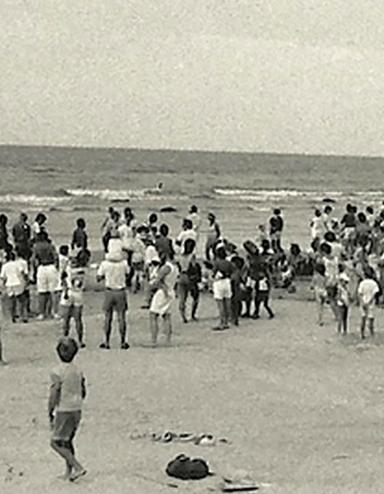
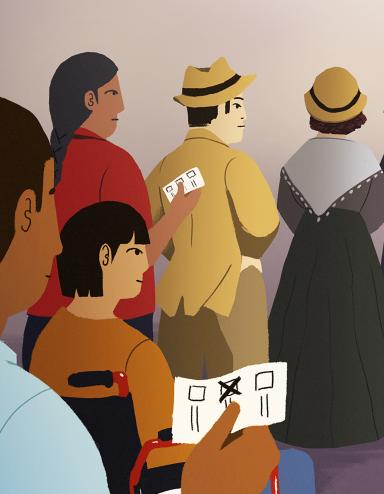
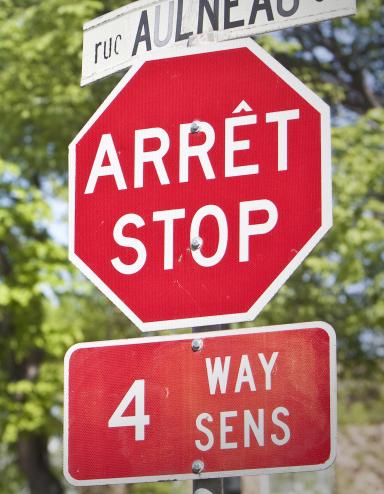
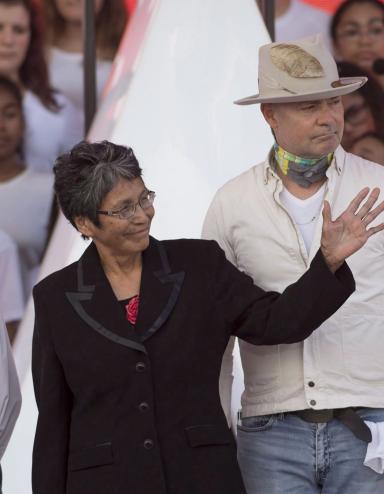
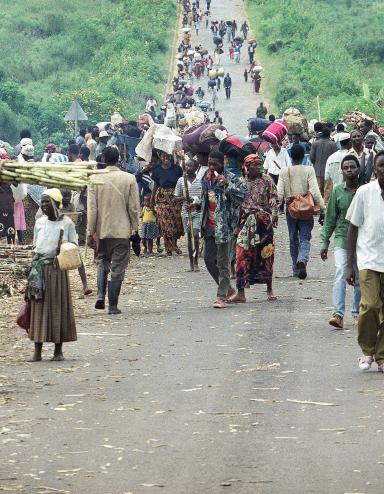
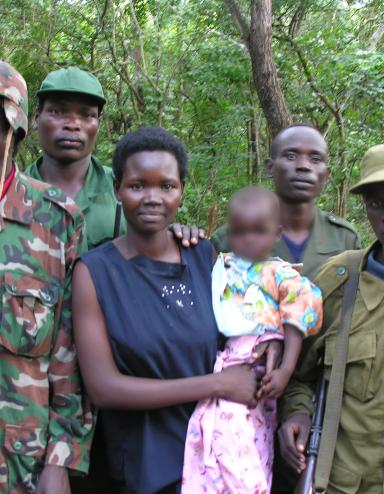
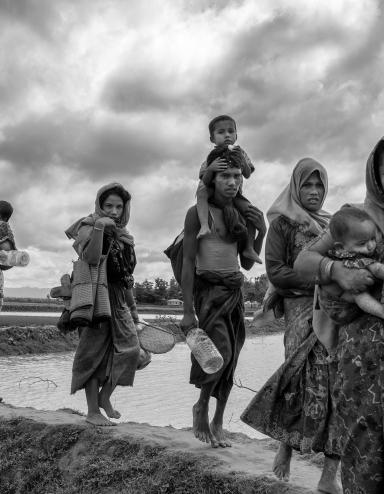
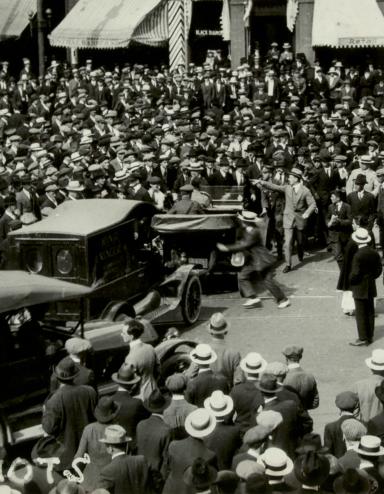
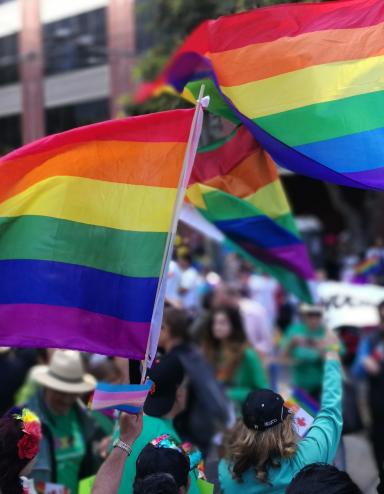
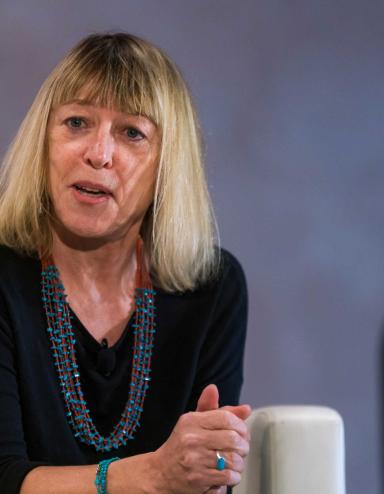
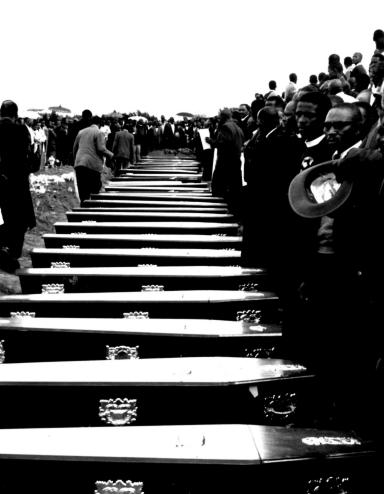
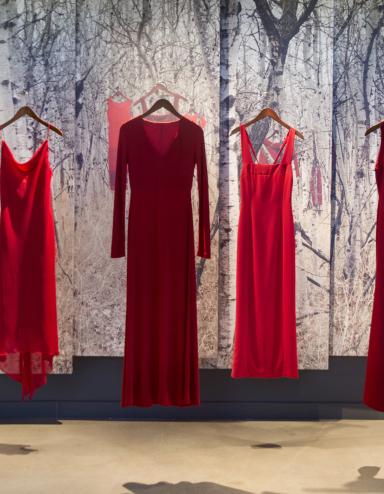
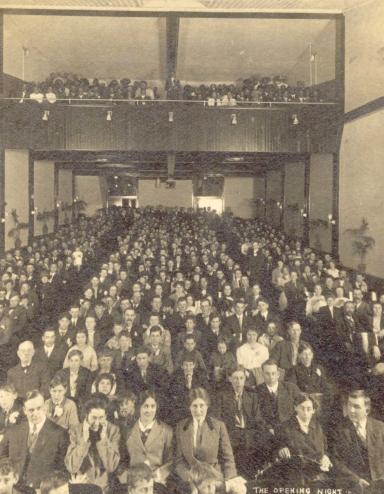

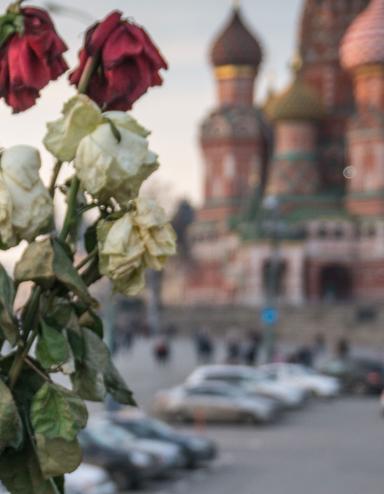
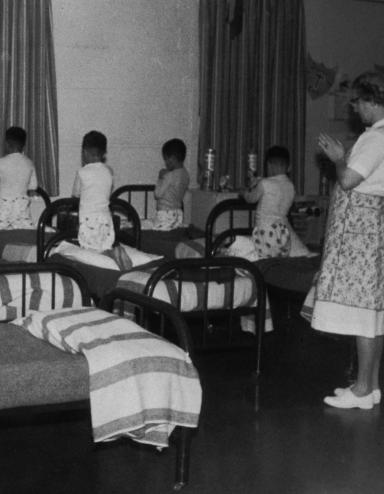
The story of Black slavery in Canadian history
By Steve McCullough and Matthew McRae
Tags:
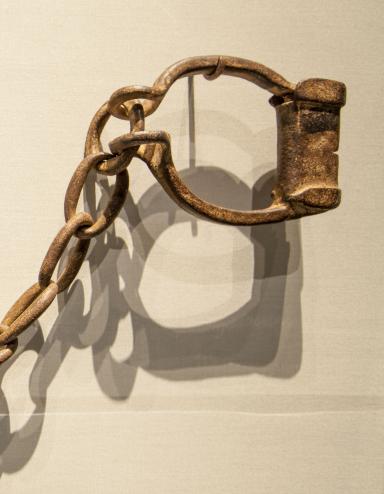
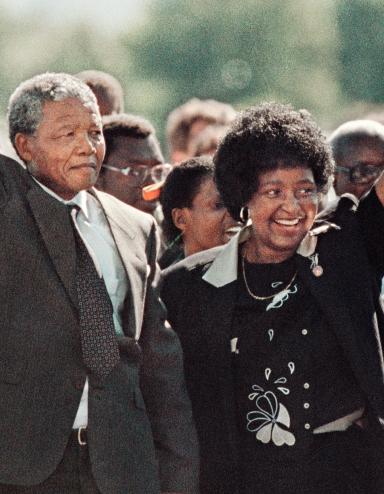
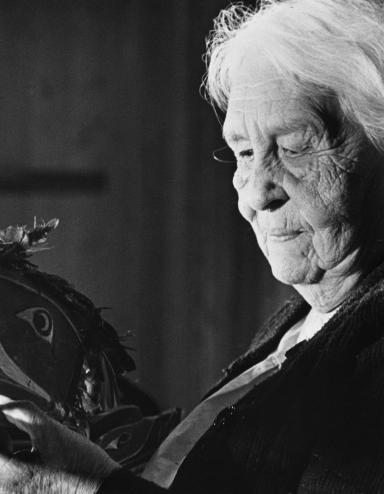
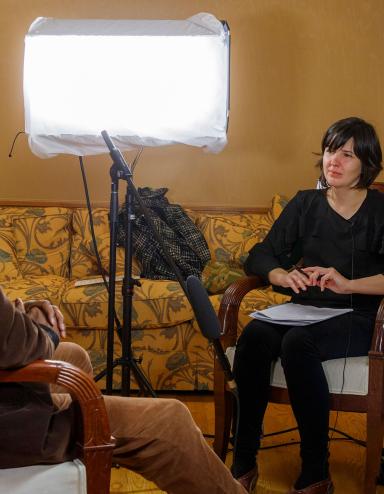
The stain of antisemitism in Canada
By Jeremy Maron
Did you know that in the not‐too‐distant past, Jewish people living in Canada were discouraged from visiting certain vacation spots or from purchasing or renting vacation properties?
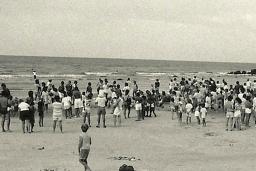
The chaotic story of the right to vote in Canada
By Matthew McRae
When you vote in an election, you’re never voting alone. The moment you step into a polling station, you are walking in the footsteps of thousands of people who fought for their right to vote.
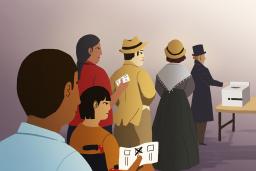
Language rights are human rights
By Rémi Courcelles
Exploring Canada’s official languages framework.
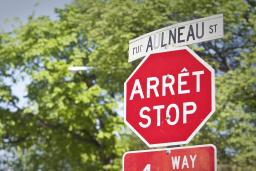
Face the music: Canadian musicians and human rights
By Julia Peristerakis
Music is a universal language that transcends geographic and cultural barriers. Music moves us in a way that words alone cannot. But it can do much more than evoke emotion.
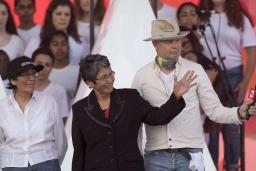
What led to the genocide against the Tutsi in Rwanda?
By Jeremy Maron
Learn how division, dehumanization and incitement of hatred set the stage for genocide.
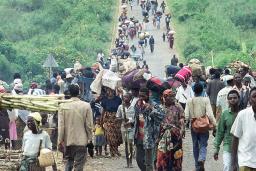
Voices of women and girls enslaved in war
By Isabelle Masson
Grace and Evelyn were abducted by the Lord’s Resistance Army in Uganda when they were just girls. They managed to find their way back to freedom but have faced many new struggles since they returned home.
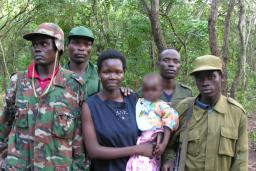
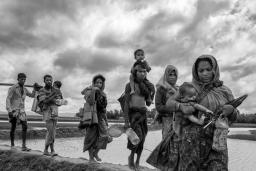
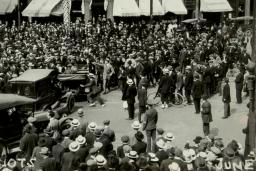
The symbol of Pride
By Karine Duhamel
The story of the iconic rainbow Pride flag. Created by Gilbert Baker in 1978, it is now a worldwide symbol of the fight for 2SLGBTQI+ rights.
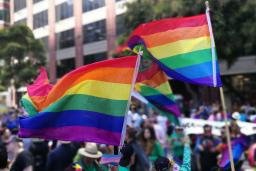
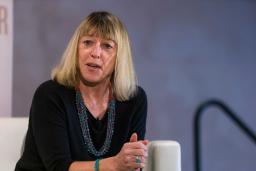
The Sharpeville Massacre
By Matthew McRae
Discover how the South African government’s murderous response to peaceful protest inspired local and international action against apartheid.
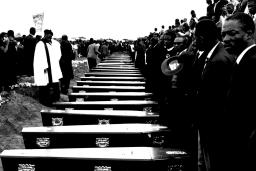
Five women all Canadians should know
By Matthew McRae
The year 2016 marks a century since women in Canada first got the right to vote and so it seems like a fine time to celebrate the achievements of Canadian women.
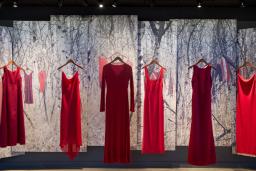
Canadian civil rights trailblazers
By Jason Permanand
For her courage and tenacity, we remember Viola Desmond as a Canadian civil rights pioneer. But did you know she was not the first Black Canadian who fought against segregated theatres?
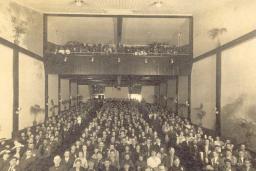
The Two Row Wampum
By Karine Duhamel
The Two Row Wampum, known as Teiohate Kaswenta in the Mohawk language, tells the story of an agreement between Indigenous people and the Dutch. The agreement is founded upon the respectful co‐existence of two different nations.

Fighting for a vision of a free and democratic Russia
Explore the motivation, inspiration and hope that sustain Kara-Murza’s courageous fight for human rights and democracy in Russia.
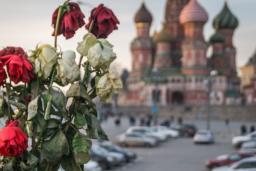
Canada’s Indian residential schools: Childhood denied
A story about Indian residential schools and their legacy
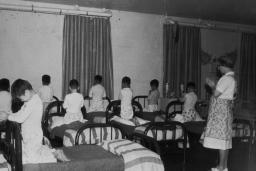
The story of Black slavery in Canadian history
By Steve McCullough and Matthew McRae
Canada celebrates being a destination for Americans who escaped slavery via the Underground Railroad. But slavery was also part of Canada’s history for more than 200 years.
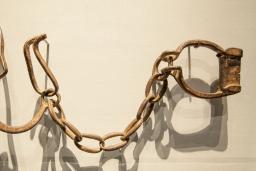
The story of Nelson Mandela
By Matthew McRae
Mandela spent 27 years in prison for opposing South Africa’s apartheid system. He refused to give up his efforts to achieve equality for all people.
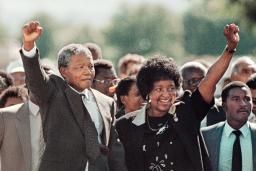
Bringing the potlatch home
By Matthew McRae
Museums, repatriation and the Cranmer potlatch.
